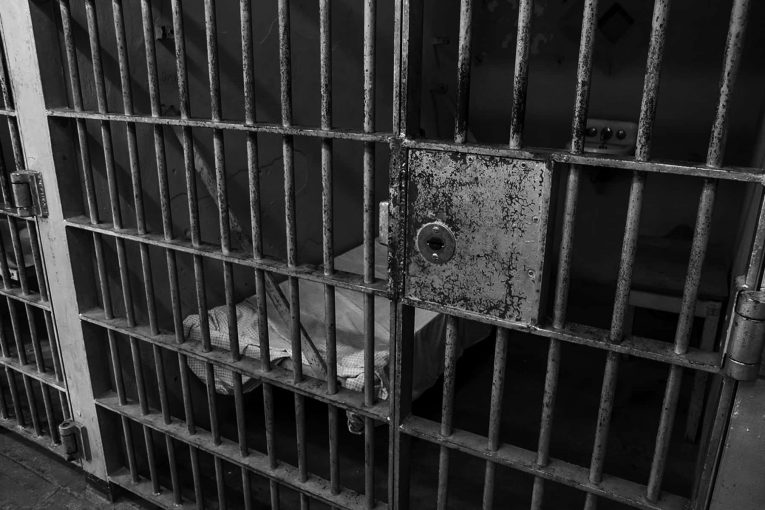
 By D. Razor Babb
By D. Razor Babb
Vanguard Incarcerated Press
Thirteen years ago, then-college student Keri Blakinger was addicted to heroin and attempted suicide by jumping off a bridge. During her senior year at Cornell University in New York, she was arrested with 6 ounces of heroin and sentenced to prison.
Now a reporter covering prisons for The Marshall Project, her memoir, Corrections in Ink (St. Martin’s Press), hit the bookshelves in October. When a copy was sent to an inmate in a Florida prison by the nonprofit The Prison Book Program, it was impounded. Until and unless approved by the Florida Department of Corrections’ Literature Review Committee, it is banned from all state-run correctional facilities (in FL).
In response to the ban, Blakinger tweeted, (tongue-in-cheek), “I’m SO PROUD.”
In an NPR interview, she stated, “It’s kind of hilarious that the prison system — now that I’m rehabilitated and doing good things — says that my writing is dangerously inflammatory. I also think that it’s absurd that one of the reasons for the ban was that the book presents a ‘threat to the security, order or rehabilitative objectives of the correctional system.’ This book is literally a story about rehabilitation.”
Blakinger discovered, during a recent request for lists of state-level banned books, that some state prisons ban books on a case-by-case basis, while others have a forbidden list. Florida, Texas, Michigan, and California have lists with thousands of titles. Some banned titles seem to make no sense.
Texas banned The Color Purple, Michigan disallows Dungeon and Dragons tabletop role playing game books.
Blakinger told NPR, “The idea it (Corrections in Ink) poses a threat to security or the rehabilitative goals of prisons is laughable … My book is more rehabilitative than Florida prisons have ever been.”
While Corrections in Ink is banned in FL, selections such as Adolph Hitler’s Mein Kampf is not banned in some States.
In an interview with the prison publication The Mule Creek Post in 2019 when Blakinger was working as a criminal justice reporter for the Houston Chronical, Keri said, “I was so lucky to have come out of this (her 2-year incarceration and a battle with mental health issues) and I’ve been privileged in many ways to end up with hope and a second chance and a happy ending. A lot of people don’t have that and I wish more did.”
She was referring to white privilege, her status as a Cornell student, the liberal justice system temperament of the upscale county where she was arrested (Tompkins County, NY), with a long-standing commitment to alternatives to incarceration and progressive sentencing.
But she’s also done the work to get herself on track, and still reaches back into the system to help others. As a vocal advocate for fairer, more equitable sentencing laws, Keri points out the disproportionate numbers of racial minorities being incarcerated.
“Second chances don’t come easily to people of color in the U.S. When you’re white, society offers you routes to rebuild your life. It was prison that clued me in to must how much I benefit from systemic racism in our society. Until then I hadn’t thought much about white privilege. But sitting behind bars I saw how privilege touches almost everything, especially in the penal system.”
(Source: NPR, 10-28-22; The Mule Creek Post, March 2019, reported by DRB)
D. Babb is incarcerated at Mule Creek State Prison.
